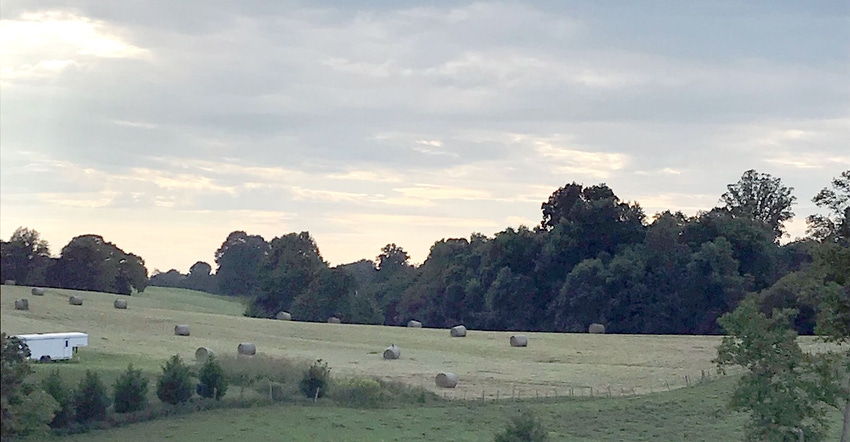
The last few days I’ve noticed a nip in the air during my morning walk. This morning the weather app on my smartphone registered 58 degrees as I started my usual 30-minute hike around 6:30.
I realize it’s just late-August and the thermometer likely will bump the 90-degree mark a time or two before things settle into genuine fall weather. But it’s a nice reminder that the oppressive heat of summer is about over and that the pleasant days of autumn are not far off.
And I use the term “oppressive heat’’ with some reservation, recalling the 16 years we spent in Texas. I think 95, about as hot as I recall it getting in northeast Tennessee this summer, falls short of what we took for granted from May through September in Denton, Texas. Many summers we counted 100-degree days in the dozens, and rain was rare. They say it’s a “dry heat” in Texas, and that may be true, but at 105 degrees, it’s oppressive.
Fall comes a bit earlier here. I’ve begun to see signs. The last few days, flocks of birds have been circling the hay field behind our house. We’ve seen lots of birds back there all summer, mostly in ones and twos. These flocks appear to be making flight plans, finalizing an itinerary, perhaps gobbling up grass seed to pack on a few extra grams of fat to see them through to their final destination.
My tomato plants are declining. That may be more weather than seasonal. We’ve had a lot of rain all summer and I suspect wilt has taken a toll. Another two weeks and I’m afraid the crop will be done.
It’s about time for my sweet peppers to turn red and yellow.
A few trees have begun to show signs of turning color; can’t say if that’s season or weather related.
Pre-fall has always been a bittersweet time for me. When I was young, the last of August meant just a few days until school started back, an unwelcome event. My brother and I tried to get in as much late-summer fishing in our creek as possible, often in reduced stream flow from late drought. We found ripening fox grapes on the creekbank, large semi-sweet wild grapes bigger and tastier than the abundant muscadines, and harder to find.
We picked the last of the watermelons, piled them in the shade behind the house and sliced one or two most every afternoon, usually after coming in from the swimming hole.
We “grabbled” a few sweet potatoes, pulled back the vines and dug a few for dinner. The sweet corn was gone, the garden taken over by weeds—bittersweet.
Now, I have no regrets at summer’s end. No confining schoolrooms await, just pleasant weather and the pleasures of harvesttime.
About the Author(s)
You May Also Like






